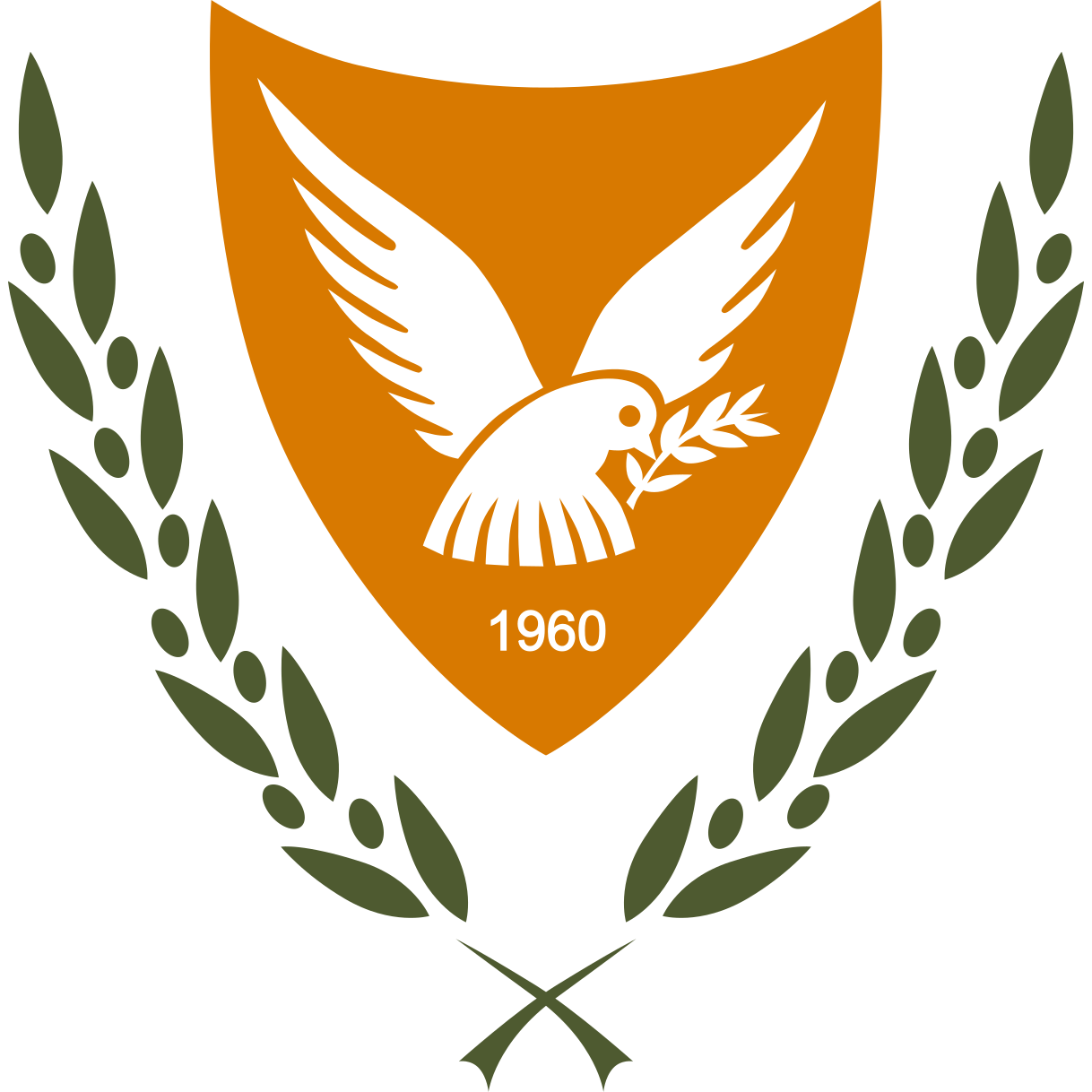

Street Trading
Selling or Offering to Sell Goods on the Street
General Information
In order to sell or offer to sell any good on the street in the Republic of Cyprus, one needs to obtain a licence for street trading by the Municipal Council or the Community Council, within the boundaries of which the activity will take place.
Application Submission
Who is Eligible
In case that, the pursuing of the specific activity relates to the compliance with requirements provisioned by different legislation of the Republic of Cyprus, the licence is obtained provided that the local Municipal or Community Council is satisfied that those criteria are met, such as:
- the obtainment of the Certificate of Health by the District Medical Officer by which it is certified that the applicant, and his/her’s employees are in good health and are not carriers of an infectious disease, in case of street trading of food or drinks;
- the obtainment of the Certificate of Appropriateness by the Department of Electrical and Mechanical Services in case the applicant will use gas for the preparation of goods;
- the obtainment of the Certificate of Appropriateness by the Department of Road Transport for the suitability of vehicle in case the vehicle will be used for food preparation;
- the obtainment of the Certificate of Appropriateness by the Director of the Department of Medical and Public Health Services for the suitability of the vehicle or the tent to be used for food preparation(in case the activity will take place in a Community).
Where to Apply
The application for the Issuance of a License for Street Trading can be submitted either through the PSC Cyprus or by contacting directly the local Municipal Council or Community Council, depending on the location where the activity will take place. The application form varies according to the local Municipal or Community Council.
Which Certificates must be Submitted
The application should be accompanied by the following documents wherever applicable:
- copy of Certificate of Health issued by the District Medical Officer by which it is certified that the applicant is in good health and is not a carrier of an infectious disease, in case of street trading of food or drinks;
- original Certificate of Appropriateness by the Department of Electrical and Mechanical Services in case the applicant will use gas for the preparation of goods;
- original Certificate of Appropriateness by the Department of Road Transport which certifies the suitability of the vehicle used for food preparation;
- original Certificate of Appropriateness by the Director of the Department of Medical and Public Health Services for the suitability of the vehicle or the tent to be used for food preparation (in case the activity will take place in a Community).
On site inspections are carried out, by the hygiene inspector of the Municipality/Community Council and the authorized inspector by the Public Health Services, in order to ensure that all the hygiene requirements are met.
Fees Applicable & How to Pay
Upon approval, the applicant must pay the licence fee. The amount and method of payment is determined by the Municipal or Community Council, according to the duration of the licence.
Indicatively, the licence fee in a Community does not exceed €34 for a period of one month, €68 for a period of three months, €102 for a period of six months, €136 for a period of nine months and €170 for a period of one year.
Decision Notification
The applicant is informed regarding the authorization decision within four months from the date that the application form and supporting documents were duly submitted.
Licence Validity Period
The licence can be issued for a period of one, three, six, nine or twelve months; the licence is renewed by following the same procedure as described above.
Dispute with the Competent Authority's Decision
How to File an Administrative Action
Administrative Action Against a Competent Authority’s Decision
Any person may file an Administrative Action at the Administrative court against a decision, act or omission of any competent authority or body.
Pursuant to Article 146 of the Constitution, an Administrative Action may be lodged within 75 days from the date of the decision or act or omission or from the day when such decision or act or omission was notified to the applicant.
The Administrative Court acts as a cassation Court and not as a substantive Court. In other words, the Administrative Court may:
I. Dismiss the Administrative Action
II. Annul wholly or partially the contested decision or act
III. Compel the relevant authority or body to take a certain action
After a decision is annulled, the authority and/or public body must reverse things back to the state prior to when the concerned decision and/or act was executed and reexamine.
How to Appeal
Appeal Information
An Appeal may be filed against the Administrative Court’s first-instance decision within a period of 42 days from the date such decision was given.
At the Supreme Court (Court of Appeal Section) hearing, the contested issue of the appeal remains the legality of the decision or act already adjudicated for. However, such revision of the legality of the decision or act is solely examined on the matters and the extent that the two parties have limited the reasons in the relevant notice of appeal.
The decision adopted by the Supreme Court is considered final in relation to the matter that has been judged.
Legislation & Obligations
Which Laws and Regulations Apply
What are my Obligations
Licensed street traders are obliged to comply with the provisions of the Municipalities Law of 1985 (article 111) or the Communities Law of 1999 (article 92) and relevant regulations, as periodically amended, and specifically, among others, to exhibit the licence for street trading at a prominent place during the street trading activity.
Moreover, the licensed street traders are obliged to comply with the terms and conditions of the licence set by the Municipal or Community Council. The Municipal or Community Council may impose any special or additional condition related to the hours of operation, the goods that may be traded, the conditions of storage and disposal of goods, or to prohibit or restrict the street trading in specific areas or streets provided that those conditions are defined and published prior the submission of the application form (at least 1 month before – Article 111(2)).
Authorized hygiene inspectors of the Municipality/Community Council and authorized by the Public Health Services Inspectors may, at any time, conduct onsite inspections in order to ensure compliance with the hygiene legislation for foodstuffs.








